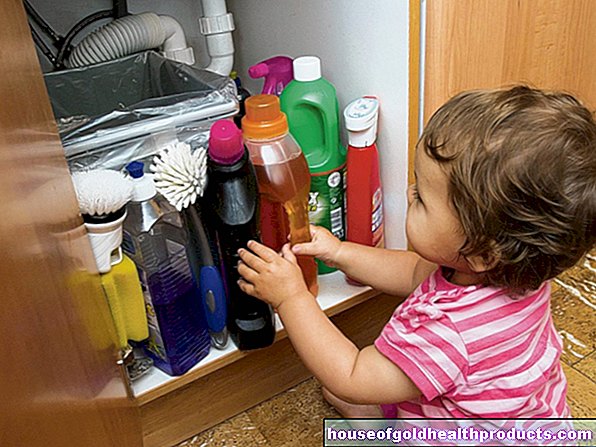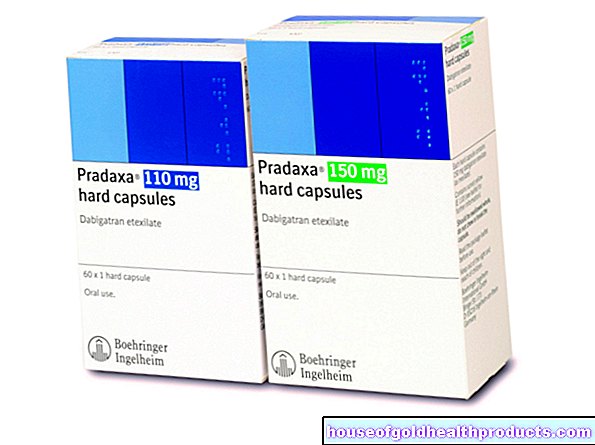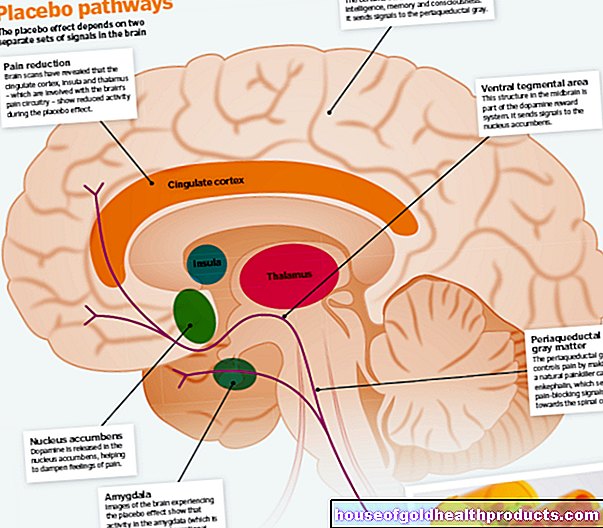Allergy protection: Dogs affect human intestinal flora
All content is checked by medical journalists.MunichDogs enrich children's lives not only on an emotional level. The young two-legged friends also benefit physically: they develop asthma or other allergy diseases less often when they grow up with a dog. American scientists have now found out why this is so. The intestinal flora changes when living with a pet and seems to protect the body from excessive immune responses.
Dusty childhood
Susan Lynch and her colleagues at the University of San Francisco used mice and various dust samples as research objects. Some of the samples were collected in households with a dog, the rest came from pet-free homes. The scientists raised three groups of mice for their experiment. Some lived in cages with dog dust, others with the dust of pet-free households. A third group was not exposed to any dust collection. "Our experiment is definitely comparable to the situation of children who grow up with dogs," the scientists say. The researchers then brought the rodents into contact with various allergens, for example with proteins from cockroaches. The insects are known to cause strong allergic reactions.
Protective bacterium in the intestine
And indeed: mice that had grown up in the dust from dog households reacted much weaker than the other animals to the irritation. They showed less inflammatory processes in the lungs, which are often associated with asthma. The scientists then looked at the composition of the rodents' intestinal flora. They found that the various samples were very different from one another. Among other things, the less sensitive mice had a certain bacterium in their intestines in large quantities: Lactobacillus johnsonii.
To test its influence, they fed the germ to previously unprotected mice. After this special feed, these turned out to be surprisingly resistant to allergens that can otherwise trigger inflammation in the lungs. The so-called respiratory syncytial viruses (RSV), which are responsible for many colds, could also harm the mice less. However, the effect was not as strong as in animals that had been exposed to dust from dog households since birth. "So this bacterium is not solely responsible for the protective effect," says Lynch.
Immune control via the intestine
Nevertheless, the researchers see great potential for the future in their approach: They want to use Lactobacillus johnsonii and other “good” bacteria to consciously change the intestinal flora. This could possibly prevent or even treat the development of asthma and allergies. Because Lynch is convinced "The composition and function of the microflora in the intestine has a very strong influence on the body's immune reaction and therefore offers completely new therapeutic options." (Lh)
Source: Kei E. Fujimura et al., House dust exposure mediates gut microbiome Lactobacillus enrichment and airway immune defense against allergens and virus infection. PNAS, December 16, 2013 DOI: 10.1073 / pnas.1310750111
Tags: healthy workplace skin care tcm


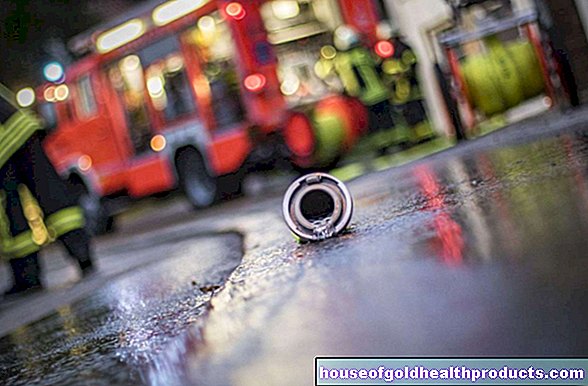



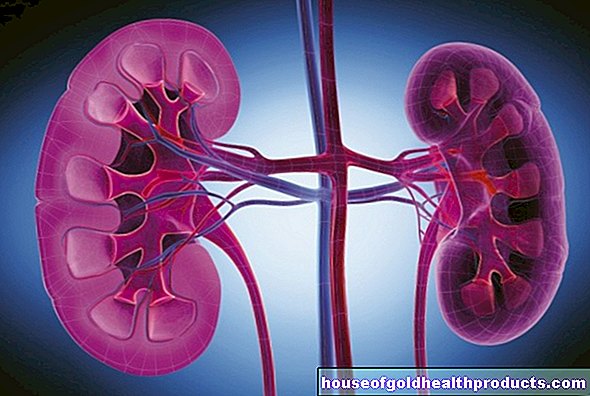

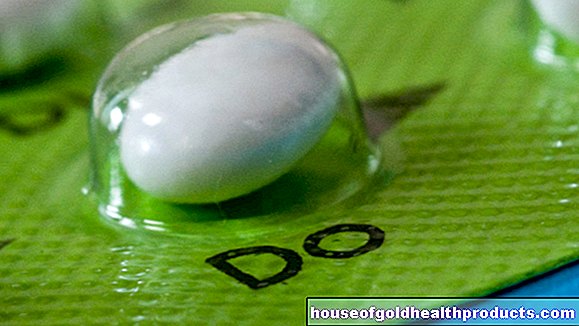

.jpg)
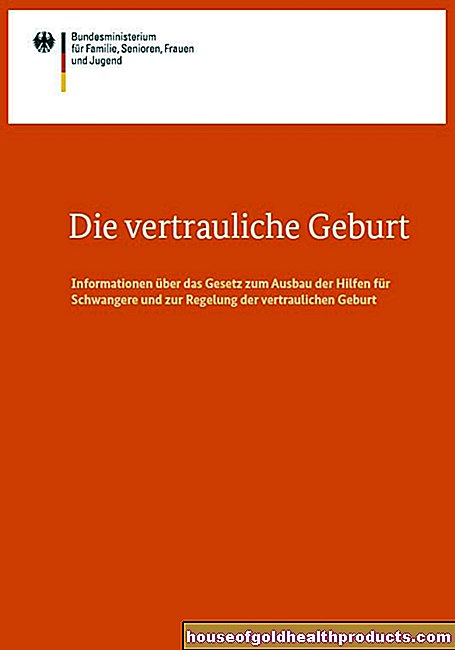


-der-giraffentrick.jpg)



